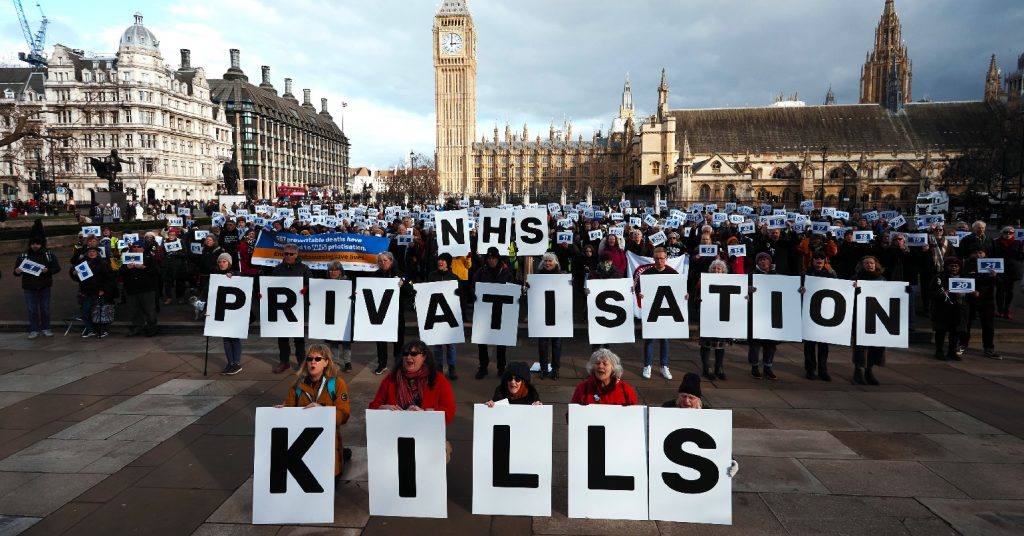For our grandparents, our children, and our friends
This post first appeared on the blog Why Trafalgar?
The history of Britain is a history of struggle. The institutions which to us feel permenant are nothing of the sort. They had to be fought for. They had to be won. In 1910, the Tories brought down the governnment in an attempt to stop the introduction of the state pension and the first corners of the welfare state. But people fought back, and the people won. In the 1940s, the NHS was forced through the teeth of opposition. People fought. People won.
It was our great great great grandparents who formed the Chartist movement. They demonstrated and they shouted and they rioted and they went on strike. And they built a movement which eventually secured us the votes we so glibly throw away. Our grandparents built the great public services with which we grew up – the hospitals we were born in, the schools we were taught in, the council houses many of us grew up in. And there were always, always those who were willing to fight for them. And these people didn’t fight for themselves. They did it for us. They did it because they wanted to leave for their children a country that was better than the one they had inherited from their parents. They did it because they saw the pain of poverty, they saw what the Victorian free market had done to this country, to commumities, to people’s lives. And so they stood up together and they refused to sit down until our country had institutions of organised justice – healthcare for all, education for all, housing for all; laws to protect us from the powerful, a hand to catch us when we fall. They took it to be self evident that these things are the backbone of a civilisation. And they understood that civilisation is something that we must fight for, something that we must build and re-build, something that is never secure. It was Nye Bevan, the founder of the NHS, who said that it will survive “as long as there are people left with the faith to fight for it”.
And the future of Britain will depend on struggle. Because we must remember what our grandparents built, and we must remember the lesson that Nye Bevan taught. Mr Cameron may think that there are no folk left in this country with the faith to fight. But he is wrong. We are still here. We never went away. And on Saturday, we will stand up once more.
But like our grandparents, we are commited to something more. Like our grandparents, we want to leave for our children a country that is more just, happier, and more civilised than the country left for us by our parents. But I was born in 1985. 1 million of my peers are unemployed. 1 million unique, skilled, and brilliant people have started adulthood with the burden of joblessness. And so rather than building the Britain we want to leave for our children, rather than securing green jobs building a fair economy powered by a renewables revolution, my friends have been thrown onto the scrapheap. And so they too will stand up on Saturday. They too will fight for the chance to build something new. Something better. A country we can be proud of.





Ahh, but how would the Chartists have done if they had to compete with the National Lottery and Celebrity Big Brother on the telly? A trite point, I admit, but a very real one in some ways. That blogs appear to be filling the place of the pamphlet in an earlier age, seems beyond dispute but all of the movements you have mentioned and coalesced not just around a philosophy but around an immediate rather than a theoretical issue. It may prove wrong to assume that the neat and tidy issues of the future – Grn Egy, etc. – will have the kind of traction that votes for women or the NHS had. They should if, for no other reason, than that fighting all the old battles over again from scratch would be, frankly, a pain in the arse. However, as Gramsci puts it, pessimism of the intellect, optimism of the will.
@Digital Scotsman: indeed they didn’t. But they did build the political momentum, and without them, the sufferage that was later achieved would surely have been much longer in coming.
The Chartists didn’t win an extension of the ballot in their organisational lifetime.
But the Reform Leagues formed straight afterwards did